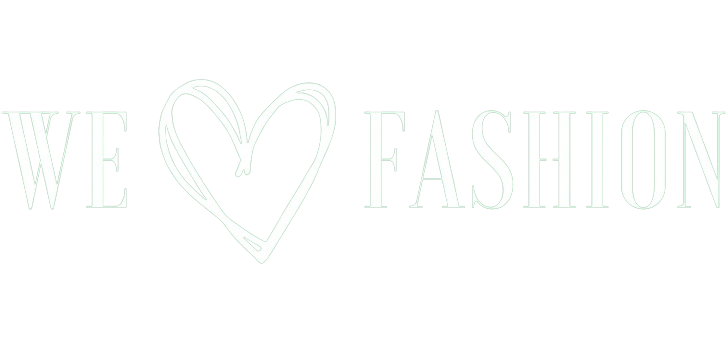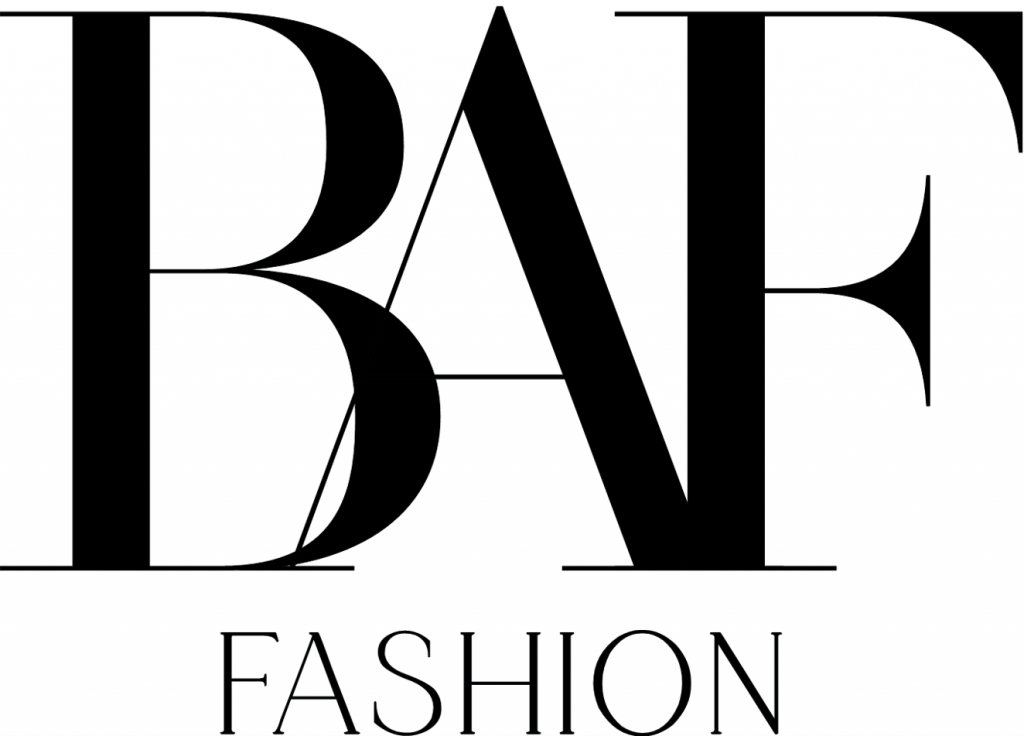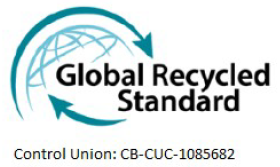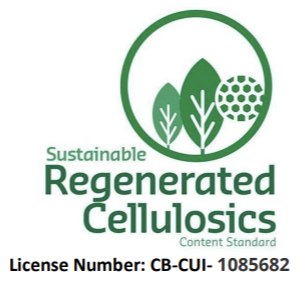Social and environmental responsibility
We accept our responsibility for the environmental and social challenges of sustainable product development and production along our entire value chain – for our locations in Vietnam and Germany.
Products certified according to the Global Recycled Standard (GRS) contain recycled materials that have been independently verified at every stage of the supply chain, from source to final product. In addition, social, environmental, and chemical criteria are required for compliance.
We are certified according to the Recycled Claim Standard (RCS). The RCS verifies the percentage of recycled material and tracks it from source to end product.
Masters of FLAX FIBRE™ Zertifizierung
The Masters of FLAX FIBRE™ certification stands for the highest standards in sustainability, traceability, and European fiber expertise. Our company meets the requirements of this internationally recognized standard and thus actively contributes to a transparent and responsible supply chain.
The standard covers all processing steps – from the fiber to the finished product – and guarantees independent testing and complete traceability. Only products made of pure linen or with a minimum linen content of 50% are certified.
The focus is on a holistic approach to sustainability: it combines clear proof of origin with technical and craftsmanship expertise, resource-saving agricultural practices, and the protection of biodiversity. Added to this are social responsibility, a low ecological footprint, completely mechanical processing, and the complete utilization of the plant.
The Masters of FLAX FIBRE™ certification thus signals not only the highest quality, but also a strong commitment to ecologically and socially responsible production – from origin to end product.
The SRCCS standard is a globally recognized, voluntary, and comprehensive product standard. It sets the benchmarks for third-party certification in terms of sustainable regenerated cellulose fiber content, product chain, social and environmental practices, risk assessment, and safe chemical management practices.
The main objective of the SRCCS is to carefully trace the origin of man-made cellulose fibers (MMCF) produced from pulp, textile waste, and agricultural residues to ensure that they come from sustainably managed forests, consciously sourced textile waste from end use, and plant-based agricultural residues. The main goal is to ensure that the fashion industry using MMCF fibers does not contribute to deforestation and to promote the use of cellulose materials based on textile waste and agricultural residues.
Better Cotton Initiative (BCI)
As a responsible and forward-thinking company, we are part of the Better Cotton Initiative (BCI) – the world’s largest sustainability program for cotton.
BCI aims to make cotton farming more environmentally friendly and socially responsible. The focus is on supporting and training farmers so that they can use water more efficiently, reduce the use of chemicals, maintain soil health, and create fair working conditions.
By working with partners throughout the supply chain, the proportion of sustainably produced cotton is continuously increasing worldwide.
For our customers, this means that when they work with us, they not only benefit from high-quality goods, but also actively contribute to greater sustainability in global textile production.
Lenzing Ecovero fibers are made from wood and pulp sourced from sustainable sources, which are obtained from certified and controlled forests and plantations and comply with the strict guidelines of the Lenzing Policy for Wood and Pulp. The production of LENZING™ ECOVERO™ viscose fibers causes up to 50% less emissions and water pollution than generic viscose.
Products containing Eco-Vero viscose can be labeled as such to signal to consumers that they come from a more sustainable source.
OEKO-TEX STANDARD
We use many fabrics and ingredients (buttons, zippers, etc.) that are certified according to STANDARD 100 by OEKO-TEX®. This means that they have been independently tested for harmful substances and are therefore harmless to health. This ensures that our products are not only high-quality, but also manufactured safely and responsibly.
Our production facilities in Vietnam are Better Work certified. This is a global initiative to promote decent work and fair competition in the garment industry. The program is a partnership between the International Labor Organization (ILO) and the International Finance Corporation (IFC), a member of the World Bank Group.
The aim is to bring together governments, employer and employee organizations, global brands, factory operators, and workers to improve working conditions in the global textile and footwear industry in a sustainable manner while strengthening the competitiveness of the sector.
Better Work relies on a proven model of factory support: long-term, positive change is achieved through assessments, consulting, and training. At the same time, the program works at the industry and national levels to change policies, attitudes, and behaviors.
Our collaboration with Better Work represents a clear commitment to fair working conditions and responsible, future-oriented production.

